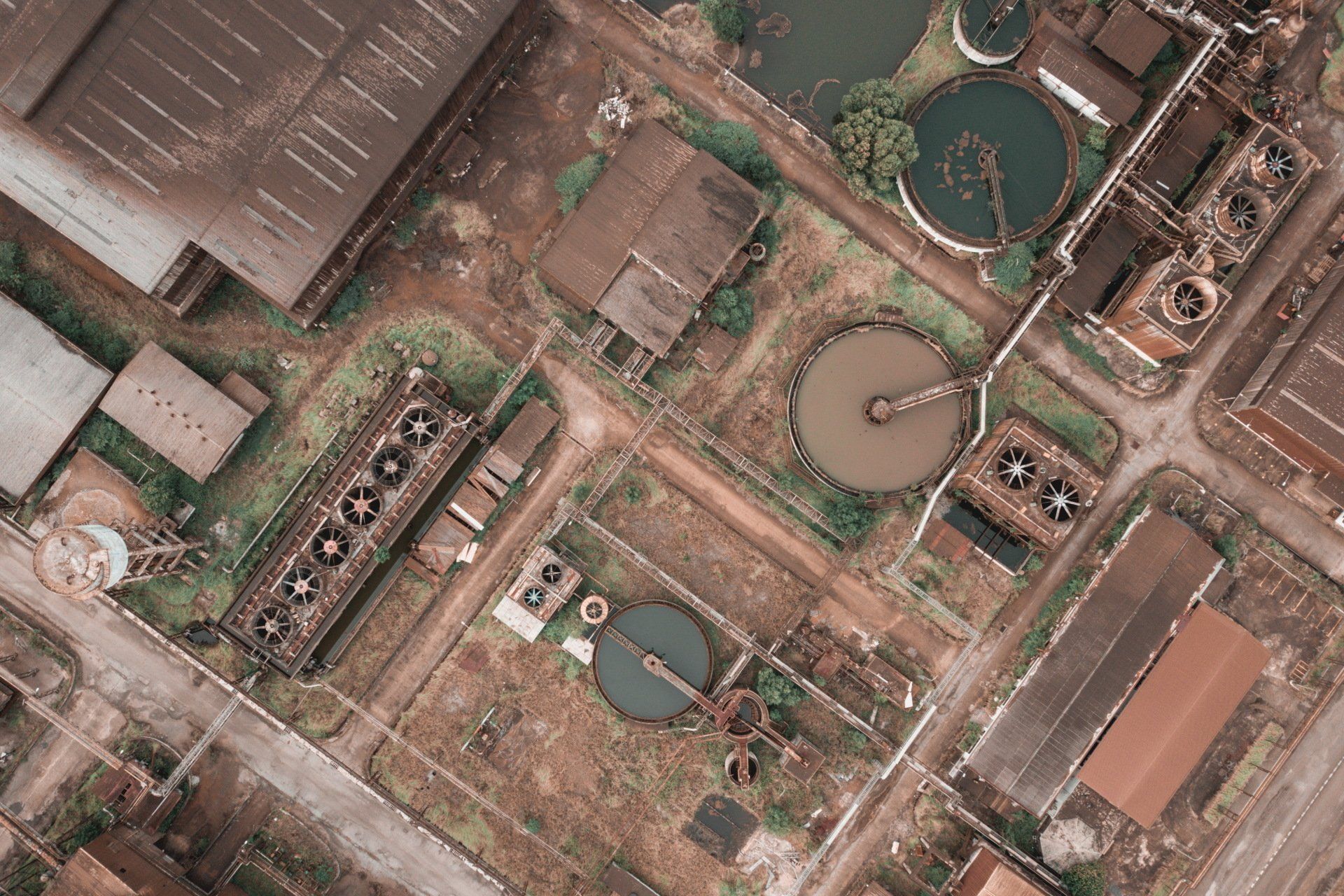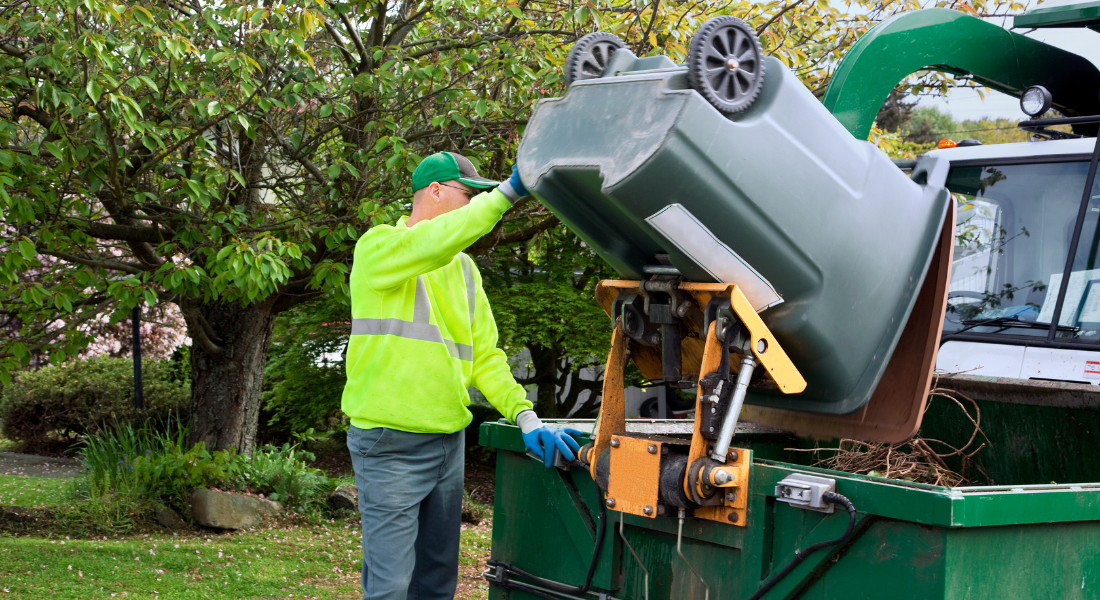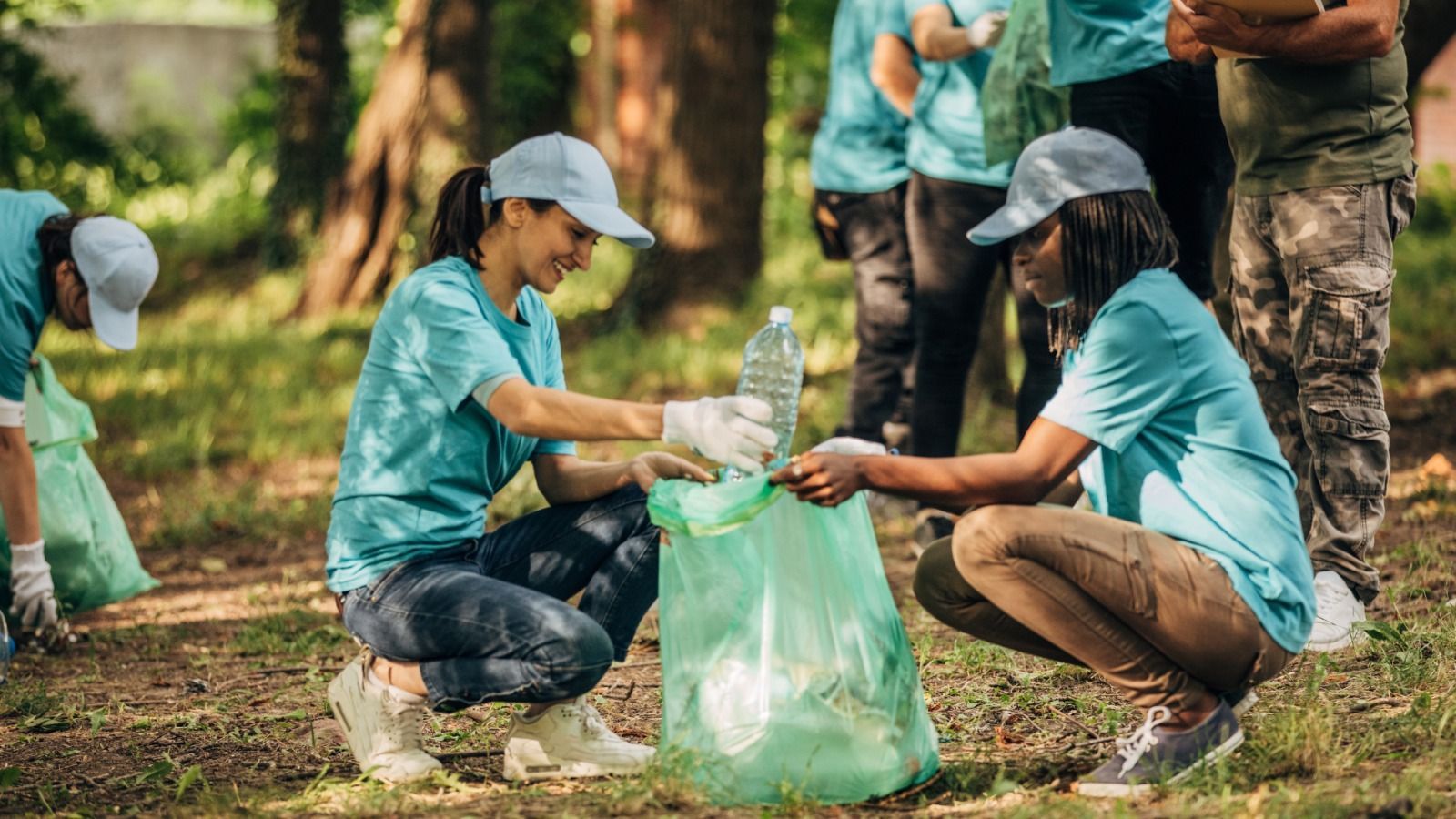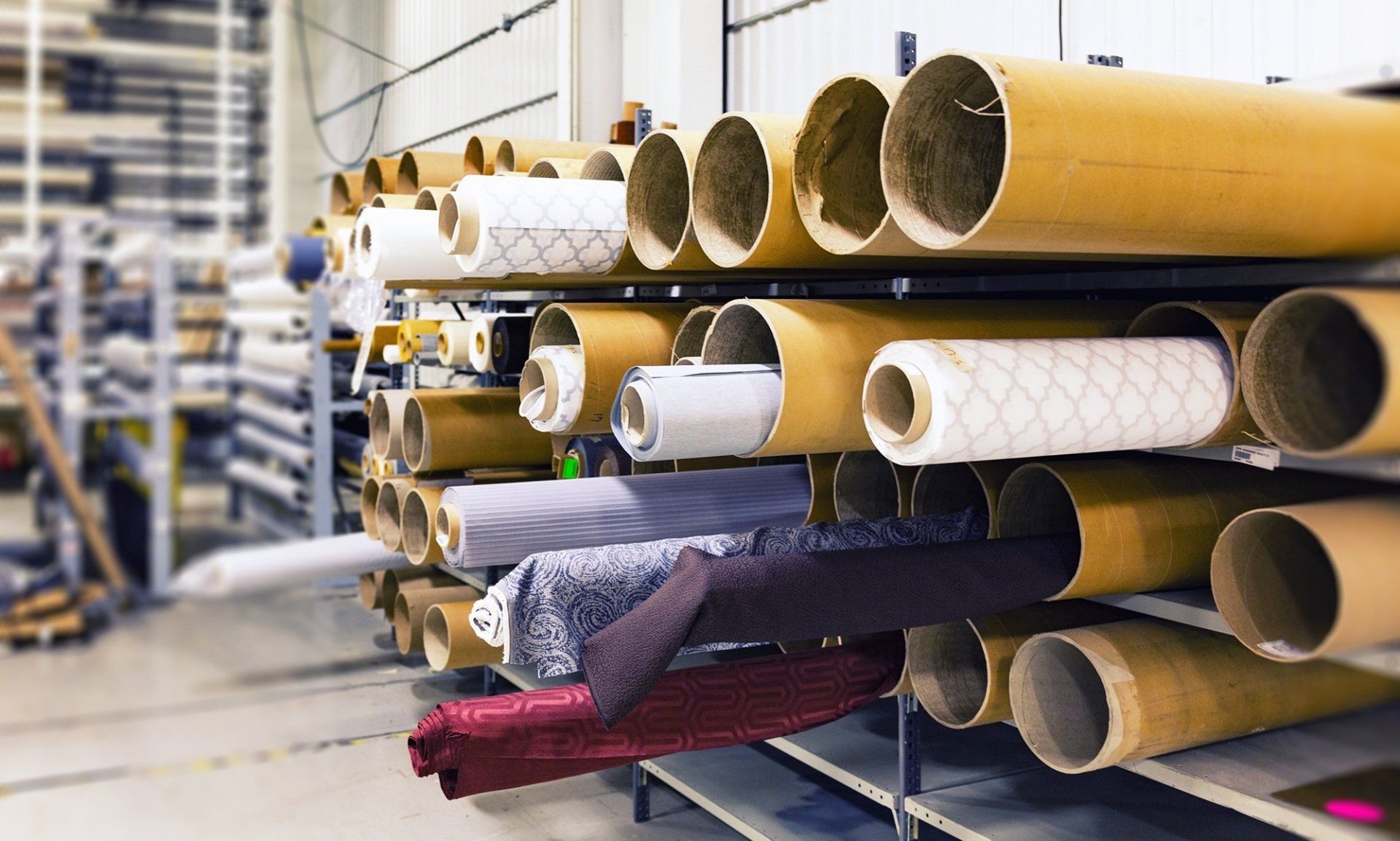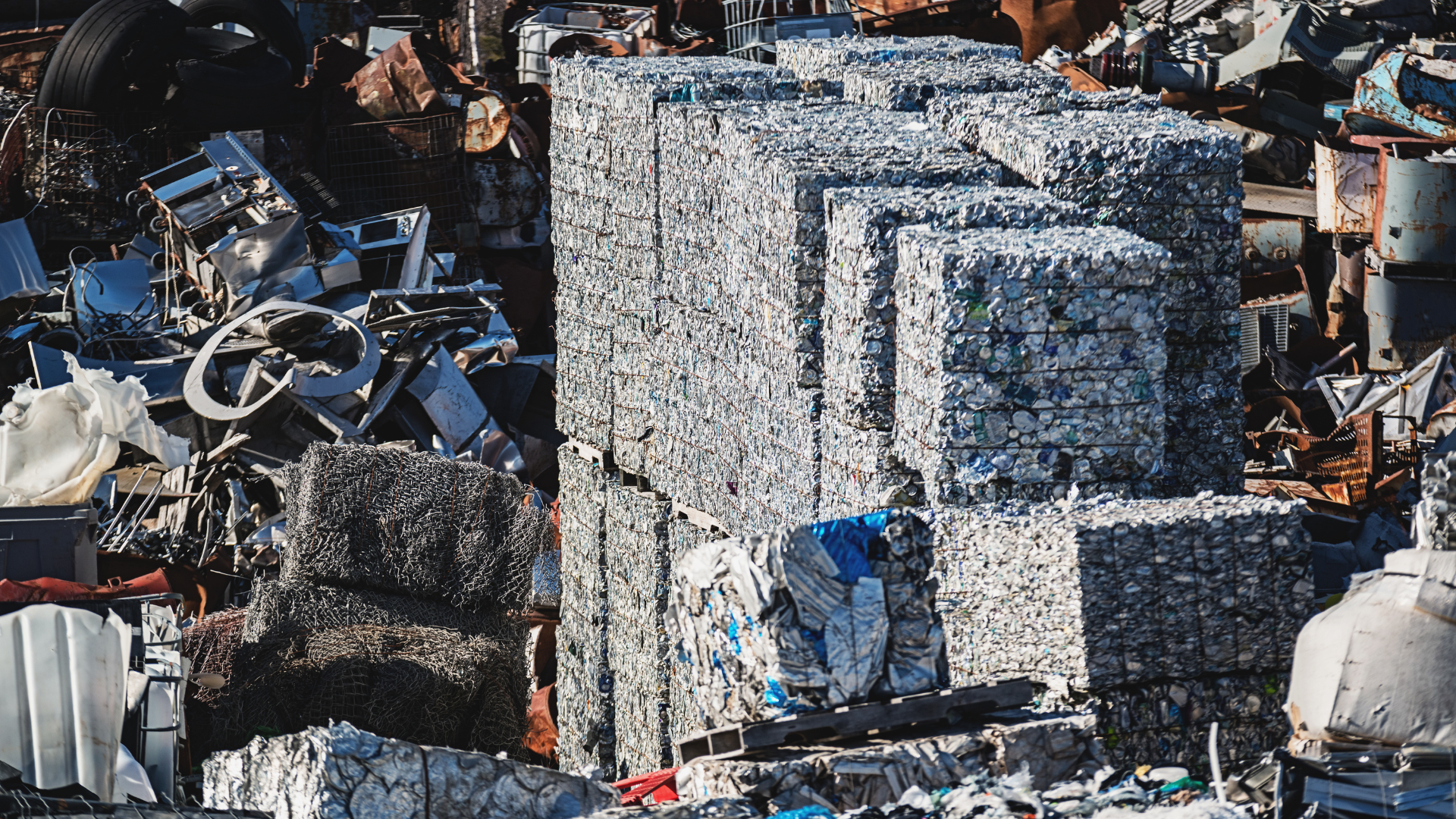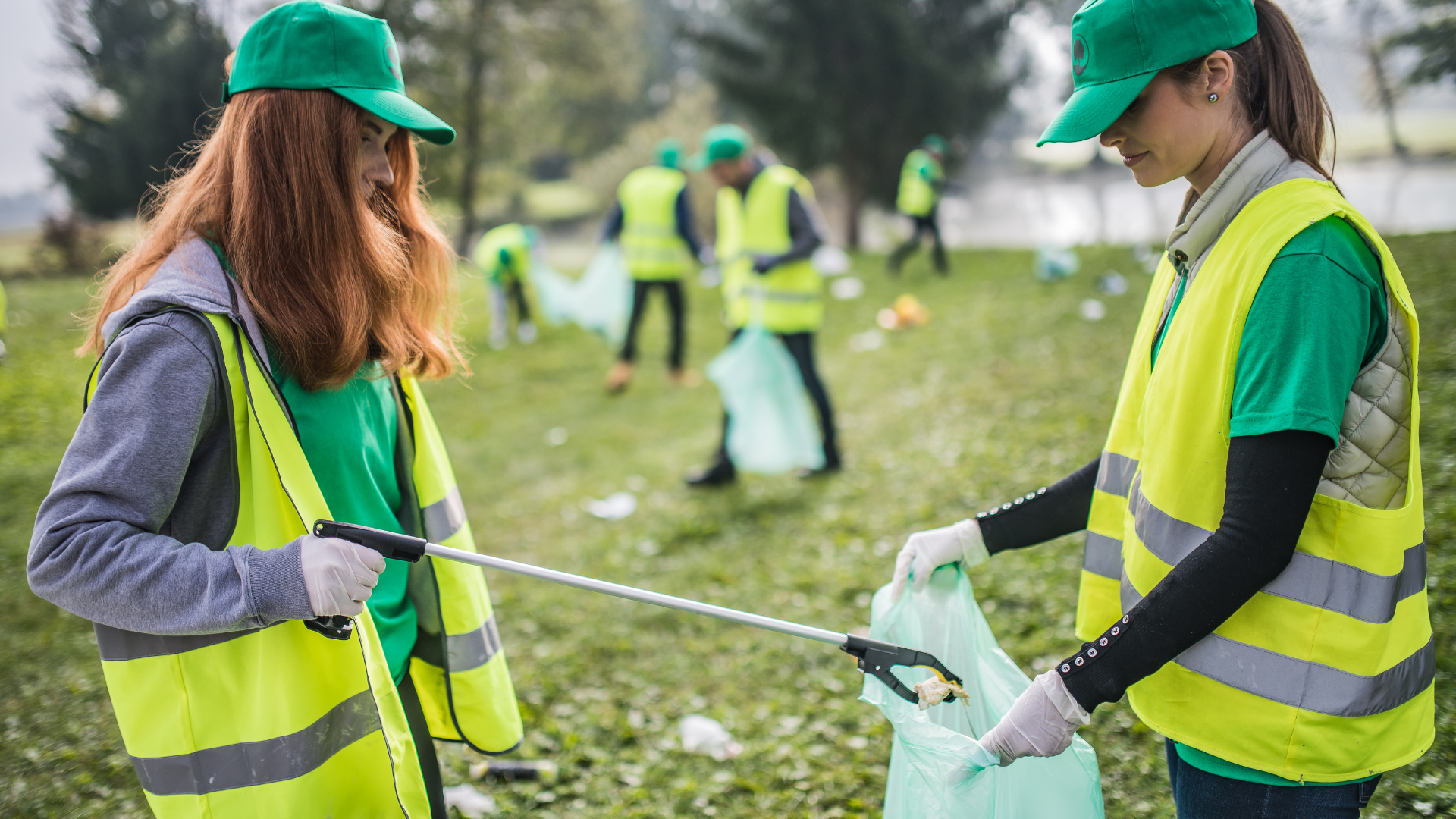The Environmental Impact of Fast Fashion and How to Reduce Your Clothing Waste
FIND OUT HOW YOU CAN SAVE OVER 30% ON YOUR WASTE COST
WHILE IMPROVING THE SERVICE LEVEL
We Will Provide A Free Waste Savings Audit.

Dress Sustainably, Waste Responsibly
Fast fashion has taken over our closets and transformed the way we consume clothing. With new trends coming out weekly, it's tempting to give in to the constant pressure to buy more. But this obsession with fast fashion comes at a heavy cost to the environment.
The production of fast fashion emits excessive greenhouse gases, pollutes waterways, and creates vast textile waste. The average American throws away over 80 pounds of clothing per year, with much of it ending up in landfills. It's time to rethink our shopping habits and make more eco-friendly choices when it comes to fashion. Small changes in how we care for and discard our clothing can add up to make a real difference.
In this article, we will examine the environmental impacts of fast fashion and discuss ways you can reduce your textile waste at home.
The Rising Problem of Clothing Waste
Americans purchase five times more clothing today than they did in 1980 - but each garment is kept for only half as long
Clothing production makes up 10% of global carbon emissions - more than international flights and maritime shipping combined
Every second, the equivalent of one garbage truck of textiles is landfilled or burned
The average American throws out over 80 pounds of clothing per year
With the explosive growth of fast fashion brands, our closets have expanded - but so has the pile of discarded textiles. Affordable on-trend pieces have led to a throwaway culture. The typical lifespan for a garment has decreased by 36% compared to 15 years ago.
This glut of low-cost, low-quality clothing has massive environmental impacts. Let's take a closer look...
The True Costs of Fast Fashion
Fast fashion's quick production and distribution model relies on using cheap, synthetic fabrics and low-wage labor. This leads to a whole host of sustainability issues:
1. Excessive Water Usage
- Producing a single cotton t-shirt requires 700 gallons of water - the equivalent of drinking water for one person over 2.5 years!
- Synthetic fabrics like polyester and nylon also consume thousands of liters of fresh water in production.
- Textile dyeing and treatment generates 20% of global wastewater, often releasing harmful chemicals into waterways.
2. Wasteful Manufacturing Processes
- Up to 15% of fabric is wasted during garment production.
- Far more clothing is produced than sold, generating vast overstock that then gets burned or dumped.
3. Greenhouse Gas Emissions
- Fashion production emits 1.2 billion tons of CO2 annually - more than air and maritime travel combined.
- The energy inputs required across the supply chain - from making fibers and dyes to running factories - releases excessive greenhouse gases.
- Textile waste in landfills emits methane, a powerful heat-trapping gas.
4. Microplastic Pollution
- When synthetics like polyester are washed, thousands of tiny plastic fibers shed and flow down the drain into waterways.
- On average, a single garment releases 1900 microplastic particles per wash.
- Microplastics absorb toxins and are ingested by wildlife and fish, entering the food chain.
The rapid scaling of fast fashion means the environmental impacts are accelerating exponentially each year. But as consumers, we have the power to slow down this cycle through our purchasing choices and waste habits.
Eco-Friendly Solutions for Reducing Clothing Waste
Breaking the cycle of overconsumption starts in our own homes. Here are some tips to become a more sustainable fashion consumer:
Purchase Thoughtfully
- Avoid impulse buys and invest in versatile, well-made basics that will last years. Opt for natural, organic fabrics when possible.
- Check garment tags - many fast fashion pieces contain polyester and other synthetics that shed microplastics.
- Consider buying secondhand clothing to offset production impacts - and give old textiles new life!
Wash Clothing Less
- Launder only full loads and use cold water to save energy.
- Hang, spot clean, or steam items between washes to get more use before laundering.
Dispose of Clothing Responsibly
- Donate old but usable clothing to charity organizations, or resell quality pieces via online resale platforms.
- Check if your city offers textile recycling - this recovers fibers for use in new fabrics.
- Cut down on microfibers: use a filter bag when machine washing synthetics.
Repair, Alter, and Upcycle
- Extend the life of your favorites by mending holes, sewing on missing buttons, or getting adjustments made.
- Turn stained or damaged pieces into cleaning rags.
- Try upcycling outdated pieces by restyling them into new fashions - crop tops, pillows, tote bags and more.
Rethink Laundry Habits
- Wash with full loads only
- Use liquid detergent (powder releases more microplastics)
- Choose an eco-friendly, plant-based detergent
- Wash synthetics less frequently, and use cold water
- Install a fiber-catching filter bag on your machine
Implementing even a few of these easy sustainable practices can keep pounds of textile waste out of landfills each year. Small daily choices make a big collective difference!
Spread awareness in your community by talking to friends and family about making eco-conscious decisions when shopping. Policy changes are also needed to compel clothing brands to reduce their environmental footprints.
Together, our actions can influence companies and governments to transform fashion into a truly circular industry - where clothing is recycled and reused instead of tossed out. With creativity and care, we can stem the tide of textile waste one hanger at a time.
To Sum Up...
The fast fashion industry's encouragement of overconsumption has detrimental environmental impacts at every step of the production process. But we can counter these harms by keeping clothing in use longer, washing garments responsibly, and disposing of textiles in an eco-friendly manner. Your choices make a difference - for the planet and future generations.
Dress sustainably, waste responsibly. Your closet impact matters.
If you are interested in responsibly disposing of your textile waste,
Contact Vanellagroupmn for reliable and eco-friendly recycling services. Our zero waste approach ensures that old clothing and other fabrics stay out of landfills. Get in touch today to learn more about our textile recycling programs.
GET IN TOUCH TODAY
TVG Waste Consulting provides proactive environmental consulting services. We're dedicated to saving you time, money, and making sure you have a custom solution to meet your needs. Contact us today!
Our Recent Articles

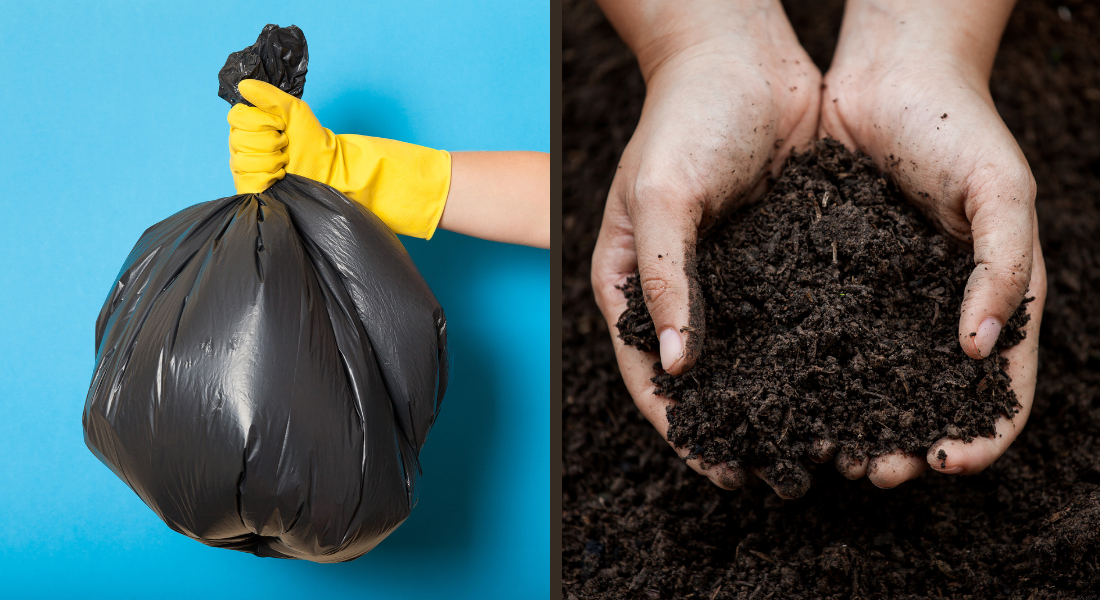
FIND OUT HOW YOU CAN SAVE OVER 30% ON YOUR WASTE COST
WHILE IMPROVING THE SERVICE LEVEL
We Will Provide A Free Waste Savings Audit.


